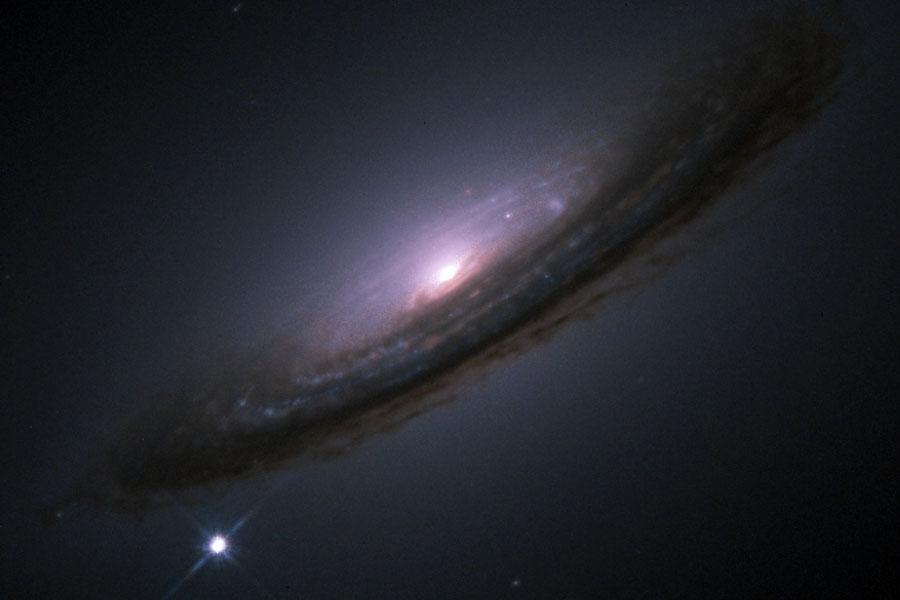 Darwin's Origin of Species was published 150 years ago today sparking debate over the origins of man. So I thought it fitting to post some thoughts on origins today. Darwin himself seems to have struggled with the First Cause...
Darwin's Origin of Species was published 150 years ago today sparking debate over the origins of man. So I thought it fitting to post some thoughts on origins today. Darwin himself seems to have struggled with the First Cause... But I may say that the impossibility of conceiving that this grand and wondrous universe, with our conscious selves, arose through chance, seems to me the chief argument for the existence of God; but whether this is an argument of real value, I have never been able to decide.Life and Letters Vol. 1 (page 306-307)
He goes on to say in later reflections...
"Another source of conviction in the existence of God, connected with the reason, and not with the feelings, impresses me as having much more weight. This follows from the extreme difficulty or rather impossibility of conceiving this immense and wonderful universe, including man with his capacity of looking far backwards and far into futurity, as the result of blind chance or necessity. When thus reflecting I feel compelled to look to a First Cause having an intelligent mind in some degree analogous to that of man; and I deserve to be called a Theist. This conclusion was strong in my mind about the time, as far as I can remember, when I wrote the 'Origin of Species;' and it is since that time that it has very gradually, with many fluctuations, become weaker. But then arises the doubt, can the mind of man, which has, as I fully believe, been developed from a mind as low as that possessed by the lowest animals, be trusted when it draws such grand conclusions?Life and Letters Vol. 1 (page 312-313)
I cannot pretend to throw the least light on such abstruse problems. The mystery of the beginning of all things is insoluble by us; and I for one must be content to remain an Agnostic.
One of my favorite theology blogs has recently analyzed the various views one might have relating to creation and evolution. As I reflect on these options as well as what Darwin has written I turn to Romans 8 and have to wonder what creation is groaning about if chance and natural selection are the basis of our origins.
For the creation waits with eager longing for the revealing of the sons of God. For the creation was subjected to futility, not willingly, but because of him who subjected it, in hope that the creation itself will be set free from its bondage to corruption and obtain the freedom of the glory of the children of God. For we know that the whole creation has been groaning together in the pains of childbirth until now. And not only the creation, but we ourselves, who have the firstfruits of the Spirit, groan inwardly as we wait eagerly for adoption as sons, the redemption of our bodies. For in this hope we were saved. Now hope that is seen is not hope. For who hopes for what he sees? 25 But if we hope for what we do not see, we wait for it with patience. (Romans 8:19-25 ESV)For if God did use evolution (macro/common descent) and natural selection to create man then what was creation subjected to and when?
It would seem that subjection to bondage and corruption would require a state of creation that existed prior to its being subjected. And that state must be something different than what exists today. But in theistic evolutionary views the earth is required to be essentially the same for the 4.5 billion years (give or take) of its existence because the "7 days" of creation in Genesis 1 are where the work of natural selection processes were at work culminating in the evolution of man.
But if that is the case then what freedom and state is creation aspiring too? What does that look like? And what affect does this have on our own hope in the future since our hope and that of creation seem to be intertwined with restoration at Jesus return?
